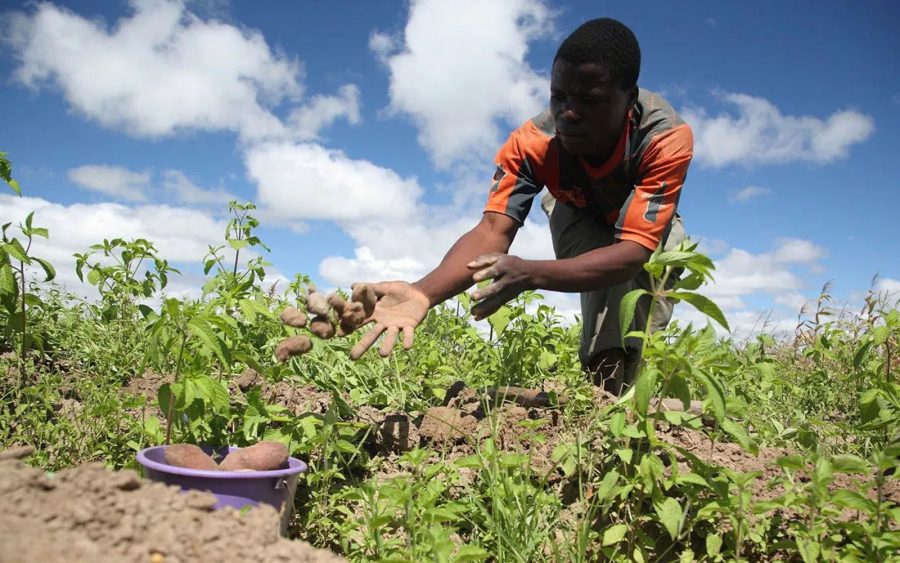Speaking at a recently concluded symposium on agribusiness finance, Brazil’s Ambassador to Nigeria, Mr Francisco Carlos Soares Luz said Brazil has set aside N36 billion (US$100 million) for the promotion of agribusiness finance in Nigeria and is ready to increase it to N360 billion (US$1 billion) in the next three years.
He further disclosed that the fund was meant to enable Nigerian farmers to access agro machinery from Brazil, adding that Brazil would assist Nigeria in cassava and sugar cane production. Interestingly, he noted that Brazil generates 8000 megawatts of electricity and ethanol for fuel from sugar cane.
Despite having abundance of natural resources, Nigeria’s agricultural sector output has continually lagged domestic demand, a condition that has resulted in a huge supply gap that has often been bridged with reliance on importation. The slow growth in agricultural output, when compared to other nations of the world, has also led to a sudden disappearance of Nigeria from the ranking of top producers of major commodities such as palm oil, rice, wheat, sugar just to mention a few. For commodities that are produced locally, a good number of them are not readily accepted in the international market owing to their low quality.

We recall that in 2016, the European Union suspended some agricultural food exports from Nigeria which include palm oil (a highly valued commodity in the international market), due to its sub-optimal quality. This led to higher discount pricing of Nigerian palm oil in the global market, an event that discouraged local oil palm farmers from producing for exports.
Meanwhile, Nigeria spends an estimated N180 billion ($500 million) annually to import palm oil in order to meet domestic consumption. A Senior Agriculture Economist with the world bank, Dr Adetunji Oredipe, recently revealed that in 2016, Nigeria spent US$965m on wheat importation, US$39.7m on rice importation, US$100.2m on sugar importation and US$655m on fish importation. Clearly, the nation’s once burgeoning sector requires a life-support system to reverse the trend of weak agricultural output.
[READ MORE: Crude Oil: Nigeria’s volatile oil sector and economic progress]
Although we recognise that there has been an abundance of financing schemes from the central bank such as the Anchors Borrowers Programme (ABP) and Commercial Agriculture Credit Scheme (CACS) to stimulate the planting and cultivation of local crops, this has not translated to a remarkable improvement in the fortunes of the sector. Hence we ask, “Is the provision of finance the major catalyst required for reviving the sector?”
In our view, complementary efforts, particularly from the fiscal authorities, are needed in reaping the benefits of the funds channelled to the sector. While we think increased investments play a key role in the development of the sector, we believe recent developments particularly rising insecurity on farmlands amidst smuggling activities which significantly affects local production require more attention. Additionally, we believe the investments in the sector should be channelled towards ameliorating the age-long structural issues like poor quality seedlings, lack of storage facilities, widespread practice of subsistence farming as opposed to mechanized farming adopted in developed nations.
________________________________________________________________________
CSL STOCKBROKERS LIMITED CSL Stockbrokers,
Member of the Nigerian Stock Exchange,
First City Plaza, 44 Marina,
PO Box 9117,
Lagos State,
NIGERIA.












Will life stock be included in the assistance?